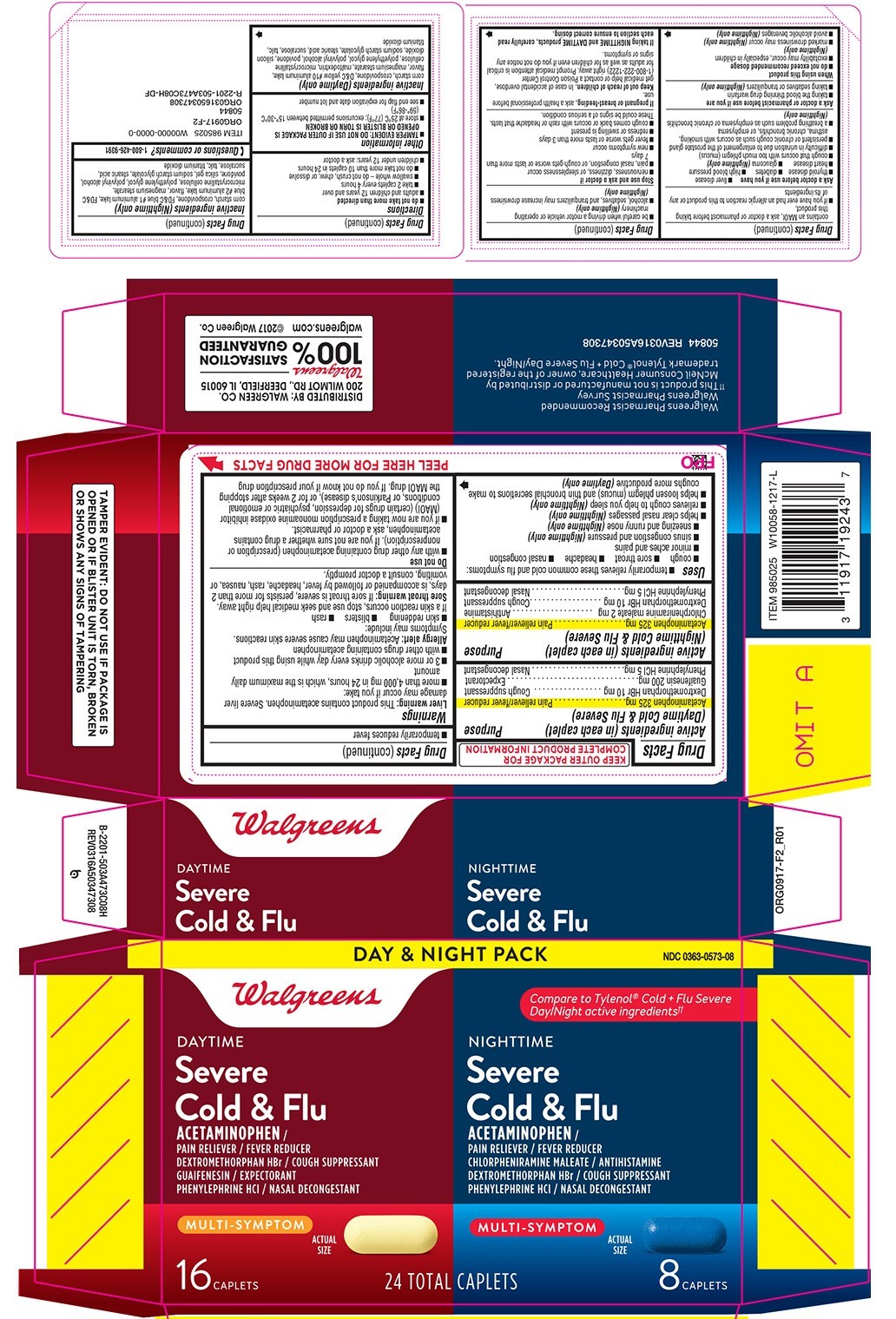
Contents
- 1 Acetaminophen/Chlorpheniramine
- 1.0.1 Warnings
- 1.0.2 What are the side effects of acetaminophen/chlorpheniramine?
- 1.0.3 What are the dosages of acetaminophen/chlorpheniramine?
- 1.0.4 What drugs interact with acetaminophen/chlorpheniramine?
- 1.0.5 Pregnancy and breastfeeding
- 1.0.6 What else should I know about acetaminophen/chlorpheniramine?
- 1.0.7 Summary
Acetaminophen/Chlorpheniramine
Acetaminophen/Chlorpheniramine is a combination medication for the temporary relief of common cold and flu symptoms, including headache, sneezing, runny nose, fever, and minor aches and pains. Acetaminophen reduces fever and pain, while Chlorpheniramine relieves cough, runny nose, sneezing, and itchy nose and eyes. The two drugs are combined in specific dosages and are available over the counter (OTC).
The medications work differently but provide more effective relief when used together than when used alone.
- Acetaminophen is an analgesic and antipyretic drug. It relieves pain by blocking pain impulses and inhibiting inflammation synthesis in the central nervous system (CNS). Acetaminophen reduces fever by acting on the hypothalamus, which regulates temperature.
- Chlorpheniramine works by blocking histamine activity. Histamine is a compound in the body that produces reactions such as cough, sneeze, itching, and other irritations. Chlorpheniramine binds to H1 receptors in the respiratory tract’s smooth muscles, preventing muscle contraction and making breathing easier.
Warnings
- Do not take acetaminophen/chlorpheniramine if you are hypersensitive to any component of the formulation.
- Do not take acetaminophen/chlorpheniramine with any other drug containing acetaminophen.
- Acetaminophen can severely damage the liver if an adult takes more than 4,000 mg in 24 hours, takes other drugs containing acetaminophen, or drinks 3 or more alcoholic drinks while taking acetaminophen.
- Meal durations for acetaminophen/chlorpheniramine are:
- Five days for pain in children
- Ten days for pain in adults
- Three days for fever
- Risk factors for taking acetaminophen/chlorpheniramine include:
- Liver disease
- Heart disease or high blood pressure (hypertension)
- Chronic bronchitis, emphysema, or other respiratory disorders
- High intraocular pressure or glaucoma
- Prostate enlargement with urinary obstruction
- Thyroid disorder
- G6PD enzyme deficiency
QUESTION
What are the side effects of acetaminophen/chlorpheniramine?
Common side effects of acetaminophen/chlorpheniramine include drowsiness, dizziness, fatigue, headache, tremors, insomnia, irritability, nervousness, anxiety, confusion, depression, euphoria, palpitations, rapid heart rate, low blood pressure, dry nose, mouth and throat, thickening of bronchial secretions, wheezing, nausea, vomiting, diarrhea, constipation, loss of appetite, anemia, hemolytic anemia, agranulocytosis, neutropenia, leukopenia, thrombocytopenia, and pancytopenia.
Call your doctor immediately if you experience symptoms such as fast or pounding heartbeats, fluttering in your chest, shortness of breath, sudden dizziness, severe headache, confusion, slurred speech, severe weakness, vomiting, loss of coordination, feeling unsteady, severe muscle stiffness, high fever, sweating, confusion, fast or uneven heartbeats, tremors, feeling like you might pass out, blurred vision, tunnel vision, eye pain or swelling, or seeing halos around lights.
This is not a complete list of side effects or adverse reactions. Call your doctor for medical advice or report side effects to the FDA at 1-800-FDA-1088.
What are the dosages of acetaminophen/chlorpheniramine?
Tablet
Adult and Pediatric:
Relief of Cold and Flu Symptoms
Children below 12 years:
- Safety and efficacy not established
Children 12 years and above and adults:
- 2 tablets orally every 4 hours
- May tolerate low dose therapy but use caution; cases of hepatotoxicity at doses below 4 g/day reported
Overdose
- Overdose of acetaminophen/chlorpheniramine can lead to liver injury with symptoms such as nausea, vomiting, loss of appetite, sweating, abdominal pain, extreme tiredness, yellowing eyes and skin, dark urine, agitation, confusion, hallucinations, and seizures.
- Overdose of acetaminophen/chlorpheniramine may be treated with symptomatic and supportive measures as required.
What drugs interact with acetaminophen/chlorpheniramine?
Inform your doctor of all medications you are currently taking to avoid possible drug interactions. Do not begin, discontinue, or change the dosage of any medication without your doctor’s recommendation.
- Acetaminophen/chlorpheniramine has no listed severe interactions with other drugs.
- Serious interactions of acetaminophen/chlorpheniramine include abametapir, apalutamide, benzhydrocodone/acetaminophen, calcium/magnesium/potassium/sodium oxybates, eluxadoline, fexinidazole, idelalisib, isocarboxazid, lonafarnib, metoclopramide intranasal, pexidartinib, olopatadine intranasal, pretomanid, and sodium oxybate.
For more information on drug interactions, use the RxList Drug Interaction Checker. Always inform your healthcare provider of all prescription and over-the-counter medications you use.
Pregnancy and breastfeeding
- Acetaminophen/chlorpheniramine should be used by pregnant women only if clearly needed, and breastfeeding women should consult a physician before use.
- If pregnant or breastfeeding, consult your healthcare provider before taking any OTC drug, including acetaminophen/chlorpheniramine.
What else should I know about acetaminophen/chlorpheniramine?
- Take acetaminophen/chlorpheniramine as prescribed or per label instructions if self-medicating with OTC medication.
- Do not exceed the daily recommended dosage or take higher or more frequent doses. Avoid prolonged use.
- Check product labels carefully to avoid overdose. Acetaminophen is present in many dosage forms and combination products.
- Discontinue immediately if you develop hypersensitivity reactions.
- Consult your healthcare provider if pain or fever persists or worsens, redness or swelling occurs, new symptoms occur, severe skin reactions develop, or you have any questions or concerns.
By clicking Submit, I agree to the MedicineNet’s Terms & Conditions & Privacy Policy and understand that I may opt out of MedicineNet’s subscriptions at any time.
Summary
Acetaminophen/Chlorpheniramine is a combination medication used for temporary relief of common cold and flu symptoms, including headache, sneezing, runny nose, fever, and minor aches and pains. Common side effects include drowsiness, dizziness, fatigue, headache, tremors, insomnia, irritability, nervousness, anxiety, confusion, and others. Consult your doctor before taking if pregnant or breastfeeding.


